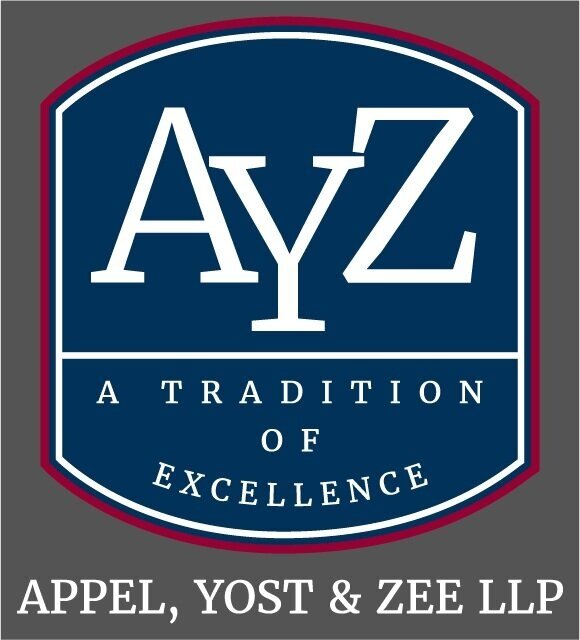Proposed 2022 Title IX Regulations: What Schools Need to Know
By William J. Zee & Megan E. Bomba
August 16, 2022
With the Biden Administration’s proposed Title IX regulations currently in the comment period, our office has taken the time to dive deeper into what will change for educational entities upon adoption of the proposed regulations.
Definitions
Under the 2020 regulations, the term sexual harassment was the focus of investigations. The proposed regulations change the terminology to sex discrimination, which includes equity in athletics and discipline, as well as protection against “sex-based” harassment. This echoes the Administration’s commitment to shield students from discrimination on the basis of sex as discussed in Bostock v. Clayton County. Sex-based discrimination includes sex stereotypes, sex characteristics, pregnancy or related conditions, sexual orientation, and gender identity.
The proposed regulations also change verbiage of the type of discrimination and harassment from “severe and pervasive” to “severe or pervasive.” This is a minor change that may have major impact on the Decision Maker’s determinations.
Responsibility
Training for all employees on multiple aspects of Title IX, including grievance procedures, is a new requirement under the proposed regulations. Additional training for the Title IX Coordinator, investigators, decision-makers, and informal resolution facilitators is also part of the proposed regulations.
The 2020 regulations required the Title IX Coordinator to obtain “actual knowledge” of sexual harassment before an investigation was triggered. Under the proposed regulations, any K-12 employee who receives information about conduct that may constitute sex discrimination must inform the Title IX Coordinator to initiate an investigation. This does not apply to confidential employees.
The proposed regulations broaden the definition of where the discrimination may take place to include buildings and venues controlled by the educational entity, any conduct by representatives of an entity, or anyone with disciplinary authority associated with the educational entity. Educational entities also may be required to investigate hostile environments outside of the educational program that lead to discrimination within the educational program.
While Title IX permits separation on the basis of sex in certain educational programs, educational entities may not do so in a manner that subjects a student or employee to more than de minimis harm, meaning that educational entities may not prohibit participation in a program consistent with a person’s gender identity.
Educational entities will also be required to take preventative action to monitor barriers to reporting sex discrimination.
Roles
The 2020 regulations called for a separate individual to conduct the investigation as well as a third person to serve as Decision Maker for each Title IX complaint. The thought was that this helped remove bias from the equation.
Now, the Title IX Coordinator may also serve as the Investigator and Decision Maker in the proposed regulations. The School District must appoint a separate individual who was not involved in the investigation to serve as the Appeal Officer and informal resolution facilitator.
Investigations
The new Title IX regulations state that educational entities must initiate formal complaints regardless if the complainant wants to go through the grievance process. Sufficient information is required, although a dismissal of the complaint is not required.
A victim, parent or guardian, Title IX Coordinator or any student or employee may file a complaint.
As consistent with the prior regulations, educational entities should treat both the complainant and respondent equitably.
While investigating a complaint of sex discrimination, the school district may impose temporary supportive measures that burden the respondent for non-punitive and non-disciplinary reasons in an effort to protect the complainant. These measures can also deter a respondent from continued sexually harassing behavior. In the case of a student with disabilities, the Title IX Coordinator must meet with the IEP team to ensure compliance with IDEA and Section 504.
The proposed regulations will no longer call for a written determination from the Decision Maker, but rather a notice of outcome to the parties. The school district may choose their standard of determining whether a Title IX violation occurred, by either a preponderance of evidence or clear and convincing evidence approach. The school district will hold responsibility for determining disciplinary sanctions.
What’s Next?
As stated before, the proposed regulations are in a comment period for 60 days and will likely not go into effect until the 2023-2024 school year. The Appel, Yost & Zee Education Group will guide clients as they change policies to reflect the changes in the Title IX regulations.
Should you have any questions about the proposed amendments or any Title IX-related questions, do not hesitate to contact William J. Zee or any of the attorneys in the Appel, Yost & Zee Education Law Group.
